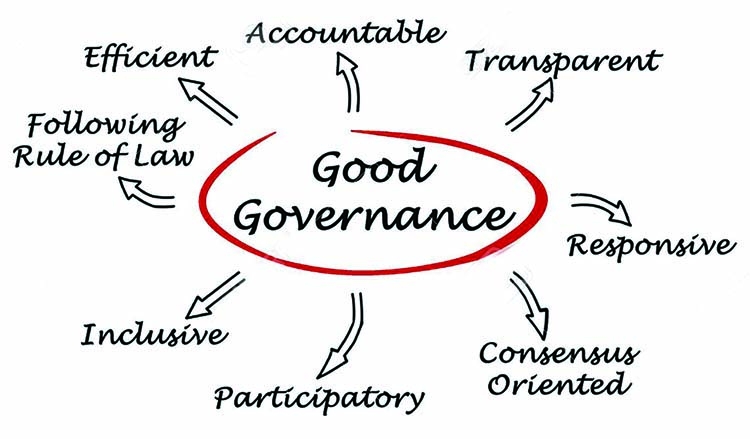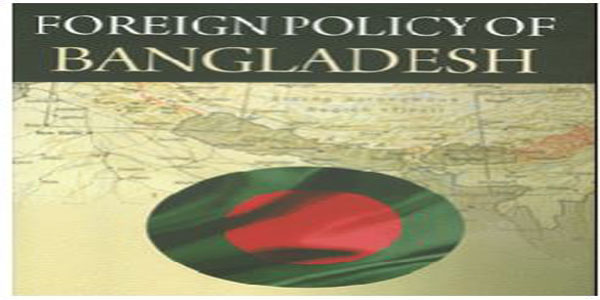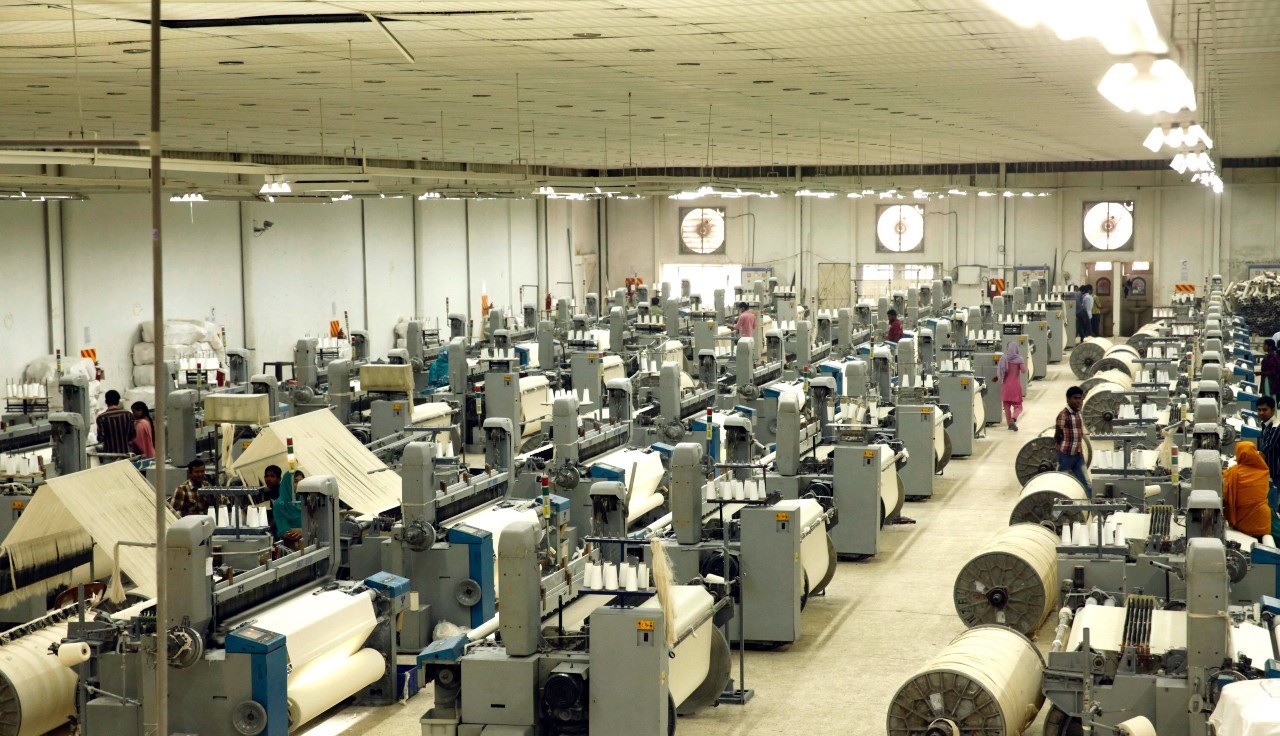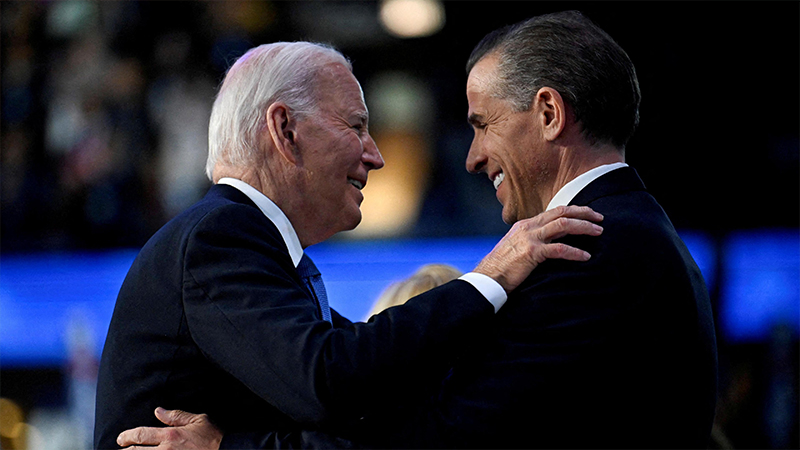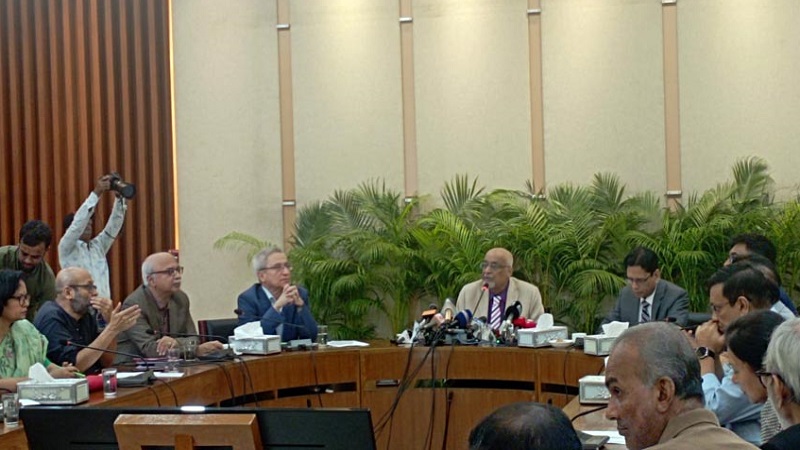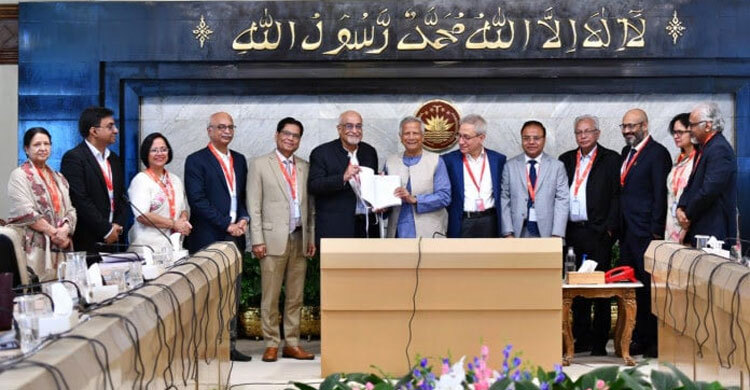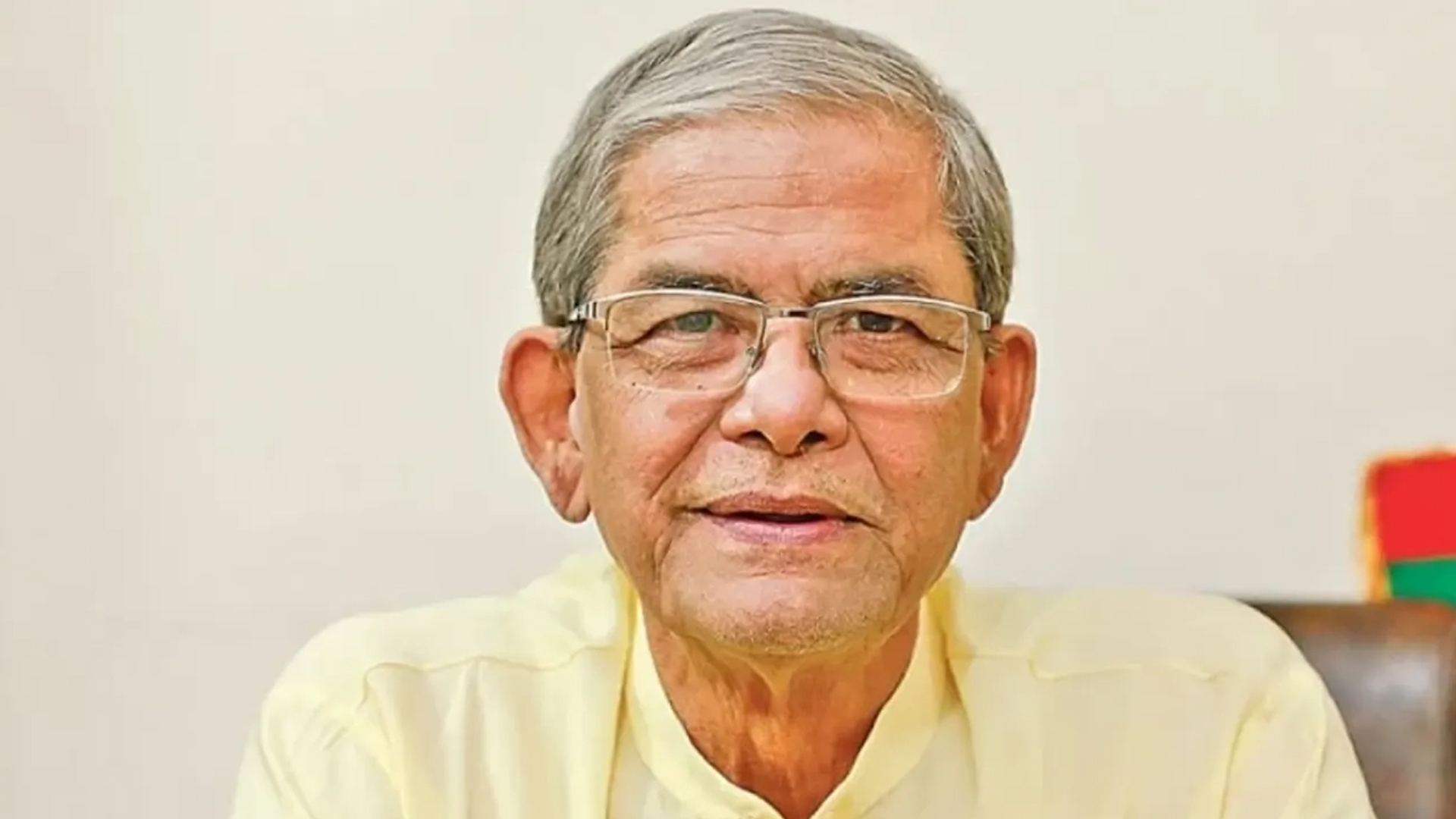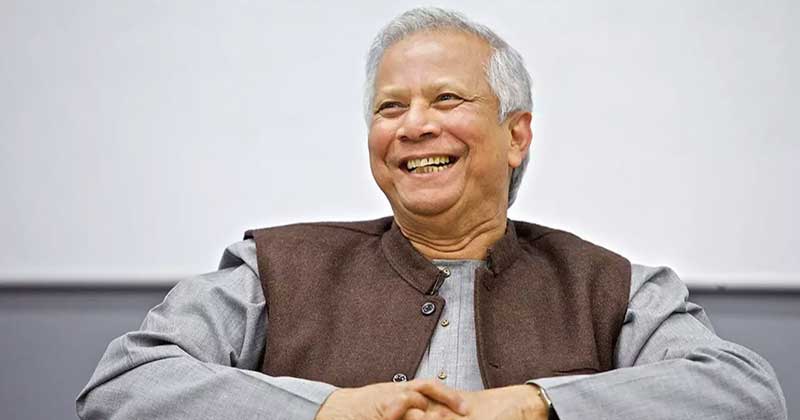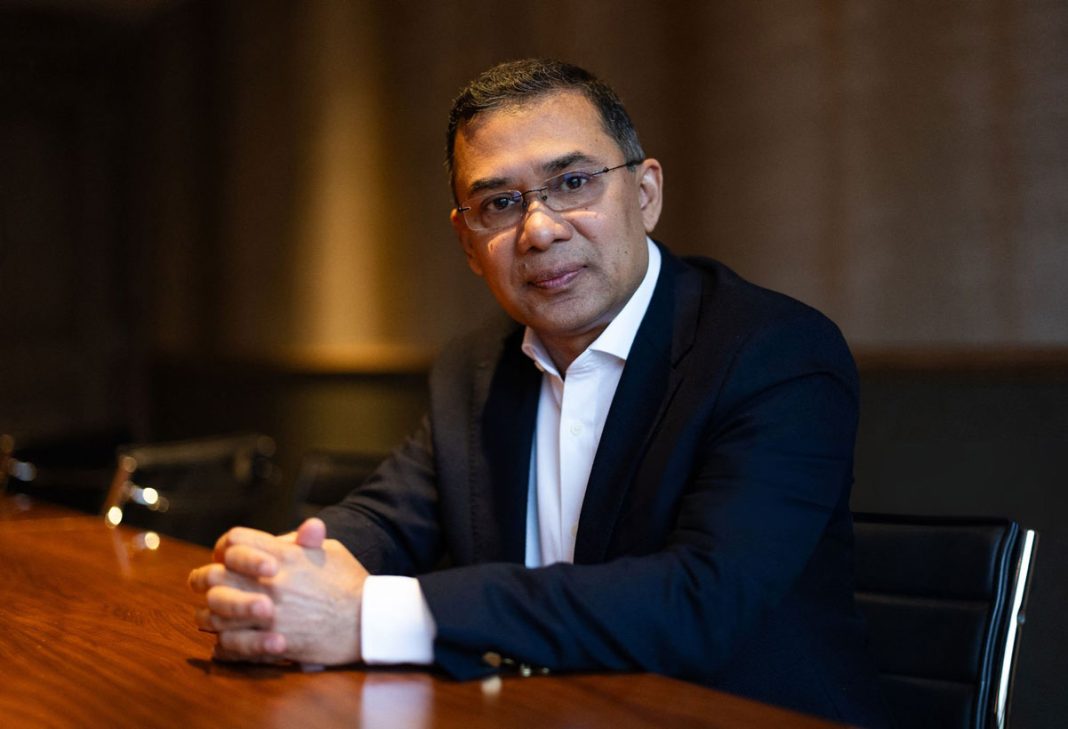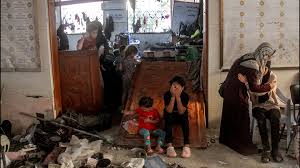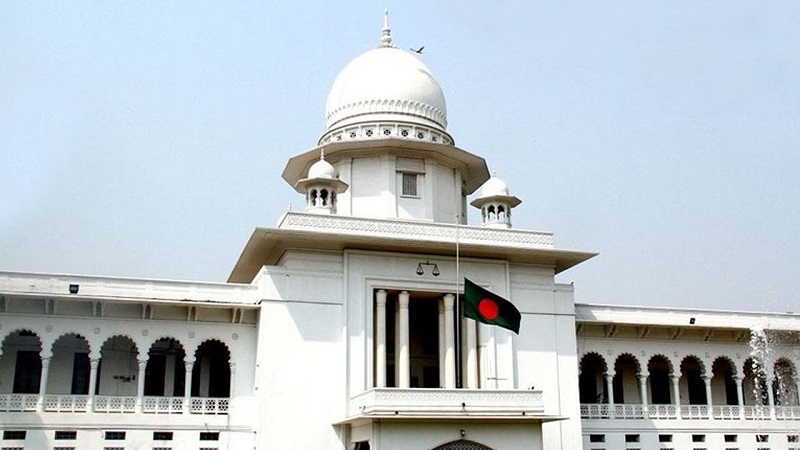Yes, many of us read the book ``Why Banks Fail: The Political Roots Crises in Spain". The book's content depicted the process of political bargains in which parties with different interests come together to form coalitions, and it shows how these coalitions have determined banking outcomes and caused banking crises in Spain. Nexus between corrupt bankers, political felons and business thugs together flout system to rob public money from the banks and other financial institutions.
When I have started to write this piece, got a mobile text message from some cheated depositors of People's Leasing and Financial Services (PLFS) that they are planning for a legal action to get their money back. As many as 6,000 depositors of PLFS are now in a dire strait as the Non-Bank Financial Institution (NBFI) has been liquidated nearly two years ago. Some plunderers siphoned off a huge amount of money from the NBFI collapsing it completely. Of the deposits, a large amount had been plundered, according to a central bank report. One individual P K Halder, former Managing Director of the Reliance Finance and NRB Global Bank, reportedly swindled more than Tk 3,500 crore from the people's leasing. Some former directors of the NBFI were also involved in the looting process forcing the central bank to liquidate the NBFI.
PLFS is not the single case. Some other leasing companies and commercial banks were looted in the same process. The commercial banks in Bangladesh are the systemic victims of highly planned default loan culture structured by a section politically powerful business figures. Latest report from Bangladesh Bank says, Non-performing Loans (NPLs) stood at Tk 95,085 crore in March, up 7.1 per cent from three months earlier and 2.8 per cent year-on-year.
There is a highly dominant group who dictates all rules and policies of the banking system. They are well connected with the political power corner through which they can even force the central bank governor to take any decision in their favor. The banking system in Bangladesh is divided into two segments - (a) government banks and (b) private banks.The government banks are the open field to loot for this powerful group having strong nexus with other rent-seekers while the private banks are their family heavens. Nowhere around the globe does a powerful and influential band of loan defaulters exist to undermine, indeed intimidate, the banking system so openly.
Here we can recollect a report released by the Transparency International Bangladesh (TIB) last year that revealed a grim picture of the state of the financial sector in the country. According to the report, the central bank has become an ineffective entity in containing defaulted loans due to undue political pressure and illegal interventions by some large business groups. TIB also warned that due to the influence of vested interest groups on Bangladesh Bank, the entity enjoys autonomy on paper only, and is mired by a lack of corporate governance and corruption amongst a section of its officials.
The banking sector of Bangladesh is in a bad shape according to financial sources and economists. Banks cannot term anyone as a defaulter in light of Bangladesh Bank's instructions due to the outbreak of ongoing coronavirus pandemic. Moreover, banks are not being able to recover loans from defaulters for the same reason. Some senior bankers have told media on condition of anonymity that the country's banks would fall into an insurmountable abyss after the end of Covid 19. Sources affiliated with the financial turf have informed that the true extent of defaulted loans is over 2 trillion taka though official figures show a smaller amount.
Loans of 10 lakh 11 thousand 828 crore taka were distributed till December 2019. Out of this amount 94 thousand 331 crore taka became defaulted. It was 9.32% of the total distributed loans.
The government gave a special privilege to loan defaulters in May 2019 by allowing them to pay back their loans through a 2% down payment facility over a period of ten years at 9% loan interest rate. Defaulted loans of around 30 thousand crore taka have been rescheduled till March 2020 under this arrangement.
Around 75 thousand crore taka of defaulted loans were rescheduled in 2019. Moreover, banks have written off defaulted loans of nearly 50 thousand crore taka till March 2020.
Influential loan defaulters get stay order on their defaulted loans and thus they skip the defaulter status. The authorities concerned have not yet unfolded the names and particulars of top borrowers.
Financial experts have referred to political influence and inefficiency of Finance Ministry and Bangladesh Bank as principal causes behind money laundering. In recent times it has been exposed by concerned sources that a powerful group of money launderers are making false shipment papers and fake invoices to facilitate illegal money transfer from Bangladesh to overseas destinations. Under-invoicing and over-invoicing are another two ways utilized by financial culprits for transferring money to foreign countries through unauthorized channels. United Nations Conference on Trade and Development (UNCTAD) published a similar report in 2019.
Reportedly letters of credit (LC) are being opened by some dishonest traders but the goods named on the LCs are not being imported. Economists have marked it as a major way of money laundering.
Prominent citizens have said that a list with names and particulars of several money launderers was unfolded by Panama Papers and Paradise Papers but no remarkable actions have been yet taken by the financial regulators in Bangladesh.
The strongest arm to exert political influence on the banking sector is the banking and financial wing under the ministry of finance. While we love to call Bangladesh Bank as the custodian of the country's banking sector, this wing in the ministry is the real controller. However, it is not just looking at the banking sector from the default culture context, but also a fact that felonious borrowers are enjoying freedom to do whatever they like. Insider lending, collusive loan sanctioning process, control over the management through putting pressure on the Managing Directors, coercive decision-making system, relaxed rescheduling facility - are all there for the big borrowers to run the banks according to their desires.
The finance ministry's control over state-run banks and its influence over appointments, based on political considerations, is a clear picture of a conflicts of interest scenario. The Banking wing of the ministry has actually weakened Bangladesh Bank's autonomy largely. The central bank governor was re-appointed and the rule for this has been changed as the government as well some prominent business groups wanted him in this chair again.
The country's financial sector needs healthier governance. From that context we can only urge the government to end political and bureaucratic control over state-run banks, allow the central bank to work according to its mandate and contain a section of owners and big faces who are troubling the private banks. These measures along with a strong political will bring back governance in the much talked about financial sector.
Syed Ishtiaque Reza
The writer is a journalist.


